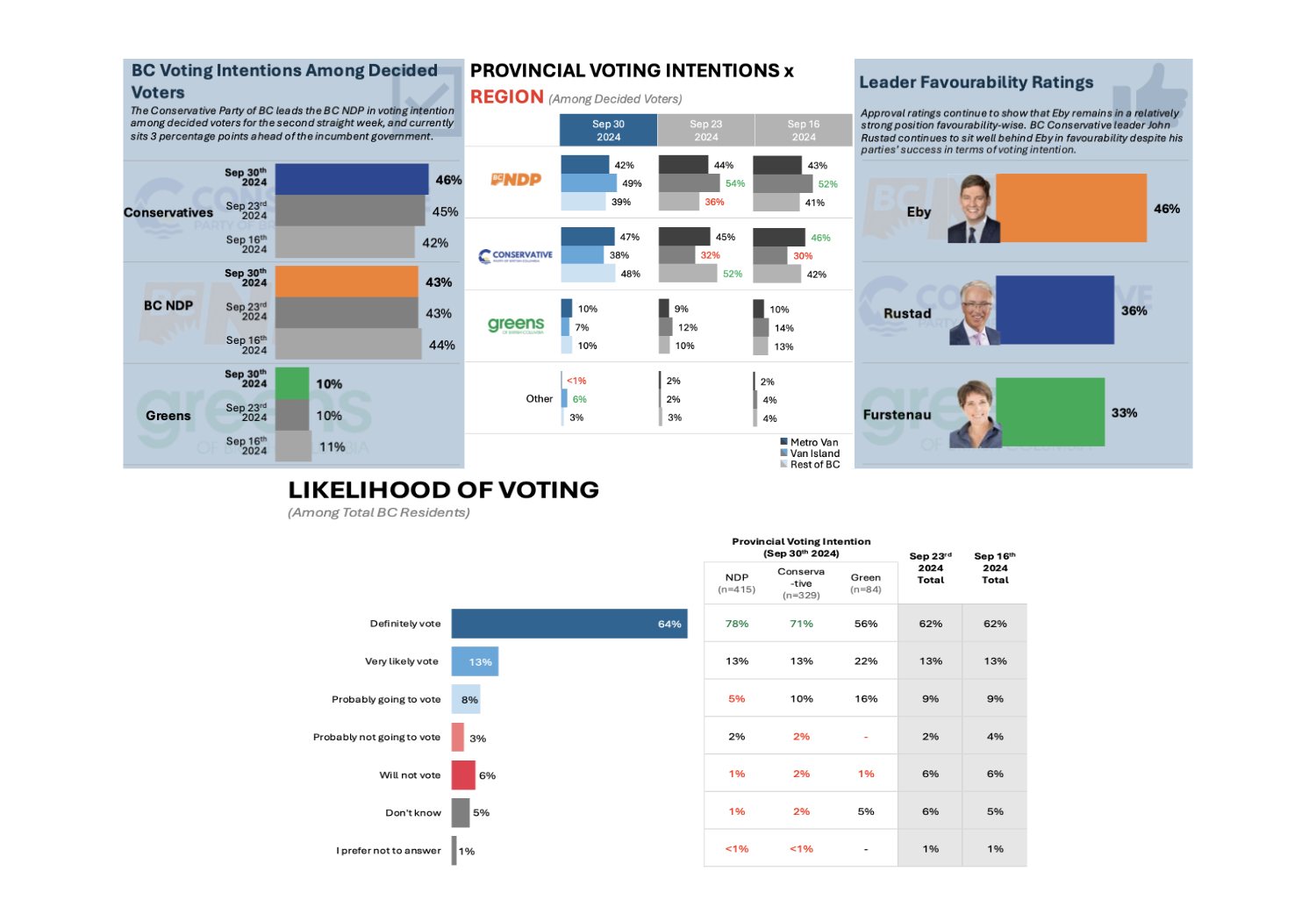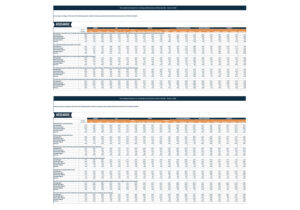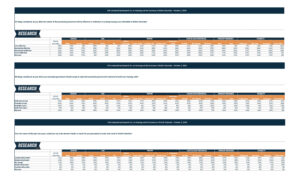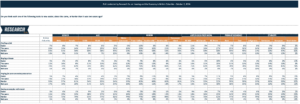The BC Conservative Party continues to edge ahead of the BC NDP ahead of the October 19th provincial election.
A survey done by Leger between the 27th to the 30th of September shows 46 per cent of voters intend to support the conservatives and 43 per cent plan to vote for the New Democrats.
The Leger poll found 64 percent of respondents say they will “definitely vote,” and more than 8-in-ten are “very likely” do so.
In addition, more than three-quarters of decided voters are not likely to switch their vote.
David Eby continues to be rated as the most favourable party among British Columbians.
He has the support of 46 per cent of people polled, with John Rustad at 36 per cent and BC Green Party leader Sonia Furstenau at 33 per cent.
Housing affordability remains the top issue in BC, followed by health care, inflation and rising interest rates, and the economy.
Approximately two-thirds of BC residents believe things in the province are going in the right direction, while 55 per cent believe things are on the wrong track.
When it comes to the subject of housing affordability, British Columbians are more supportive of the BC NDP’s housing plans, according to a survey done by Research Co.
Policies enacted under John Horgan, such as increasing the foreign buyers tax to 20 per cent, expanding the foreign buyers tax to areas outside of Metro Vancouver, and a “speculation tax” in certain urban areas, receive the support of two-thirds, or more, of respondents.
A majority also support policies introduced in David Eby, such as more modular supportive homes where people are experiencing homelessness, higher fines for short-term rental hosts who break municipal by-laws, and banning homeowners from operating a short-term rental business unless it’s in their principal residence and or a different unit on their property.
Seventy-four per cent of British Columbians think municipal governments should accept the province’s demand to build more housing units, while 14 percent disagree and 12 per cent are undecided.
Seventy-six percent of respondents on Vancouver Island support the plan to have municipalities build more housing.
However, people are divided on whether the provincial policies will have a positive impact, with 43 per cent saying they will be effective and 43 per cent believing they will be ineffective.
Fifty-five per cent of respondents aged 18-to-34 expect the province to succeed in making housing more affordable, while only 45 per cent of residents aged 35-to-54 and 31 per cent aged 55 and over share this point of view.
When it comes to economic matters, Research Co. Found 75 per cent of British Columbians say it is “considerably harder” or “moderately harder” now to make ends meet than two years ago.
Research Co. President Mario Conseco adds that more than four-in-five British Columbians aged 55 and older say it is harder to save money for retirement.
More than half of respondents report that four tasks are now harder than they were two years ago:
-Finding a job (54%)
-Paying for post-secondary education (59%),
-Saving money for retirement (75%)
-Buying a house (79%).








